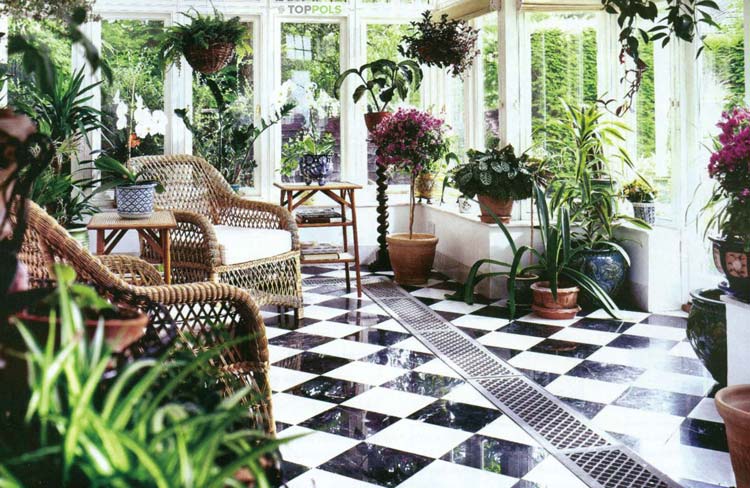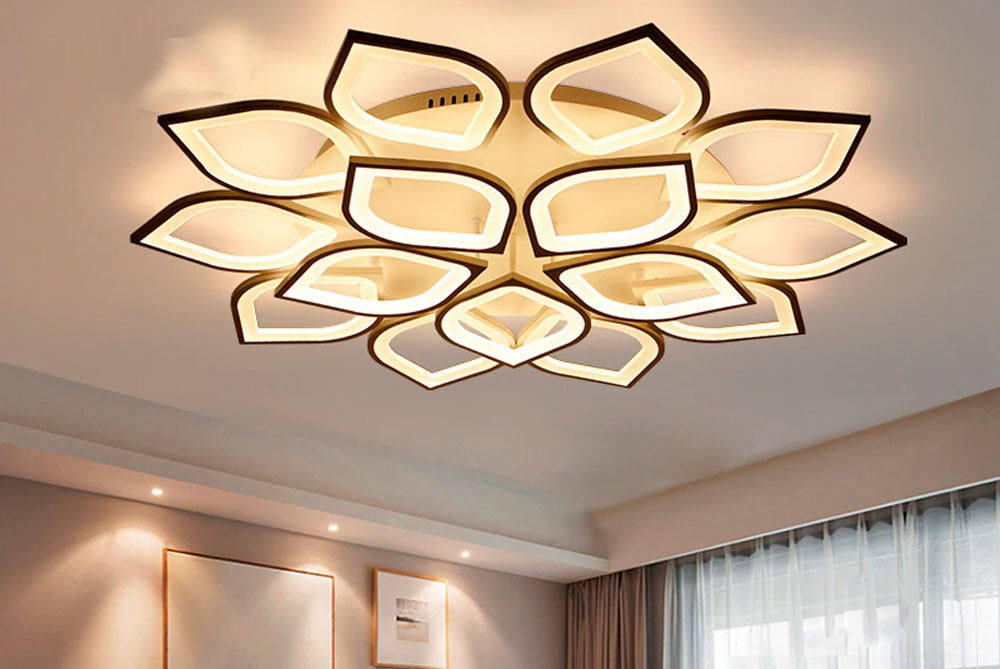
Once you’ve settled on a conservatory design, then it’s time to choose the floor surface. Whether you’re starting from scratch with a new build or sprucing up an older extension, there are various options open to you.
Natural wood
This looks classy but can be higher maintenance and more vulnerable than other surfaces such as tile or laminates. If there are temperature fluctuations, it may be best avoided as it can expand and contract with hot and cold extremes, although it does create a very high quality finish.
Engineered wood
This gives a real wood ‘look’ but is more durable and likely less expensive to lay. There can still be issues with expansion and contraction in hotter and colder conditions, and you may need to factor in the cost of a UV lacquer to help prevent sun bleaching.
Carpet
This is a less popular option due to its vulnerability to foot traffic. If the conservatory serves as a gateway to the garden or patio, then frequent cleaning or removing stains may be result. It’s a ‘warm’ surface, so may be worth considering if outside access is less or non-existent and year-round use is desired.
Laminate
This is very cost-effective and can be bought in various finishes to look like wood, tile or stone. Laminates can be very durable and low maintenance; for example, spillages can be wiped up easily.
Check the quality of the product, though; some cheaper laminates might not have as effective water repellent properties as some of slightly higher price.
Stone
The ‘Rolls Royce’ of flooring options for many, stone is usually the most expensive option but ticks many boxes in terms of water resistance, durability, low maintenance and - to top things off – it delivers an elegant and classy look. Limestone, marble, granite and slate are the four usual alternatives to choose from.
There can be an element of risk from slipping if water gets on it, and some darker varieties may be a bit warm for bare feet on hot days, while being noticeably colder in the winter. Overall they’re a good choice for longevity, and the ‘cold feel’ drawback can be offset by underfloor heating.
Tile
Tiles offer another classic and classy surface - and sometimes they are preferred to stone as they can possess a warmer look. They are usually available in the following tile types:
-
Terracota - thicker and retain heat well but more prone to scratching
-
Porcelain - hardest type so more durable
-
Quarry - robust and available in shades of brown, red and grey
Bamboo
This maybe a bit of a ‘wild card’ flooring option, but it makes for an unconventional and environmentally friendly choice; bamboo grows quickly, too, so stocks are soon replaced.
Be aware that bamboo tends to darken over time, but it’s certainly tough, may be worth considering if you’re looking for something different.
Consider carefully
Different floors fulfil different needs - and different budgets of course - so it’s worth taking the time to choose the right floor. In particular, try and think of the year-round implications of your chosen surface and whether your conservatory may be asked to fulfil double duty in warm and cooler conditions.
Mark Caulfield is the Founder of bespoke conservatory designers, The Caulfield Conservatory Co, who are based in Harrogate.
 DE
DE  EN
EN 


